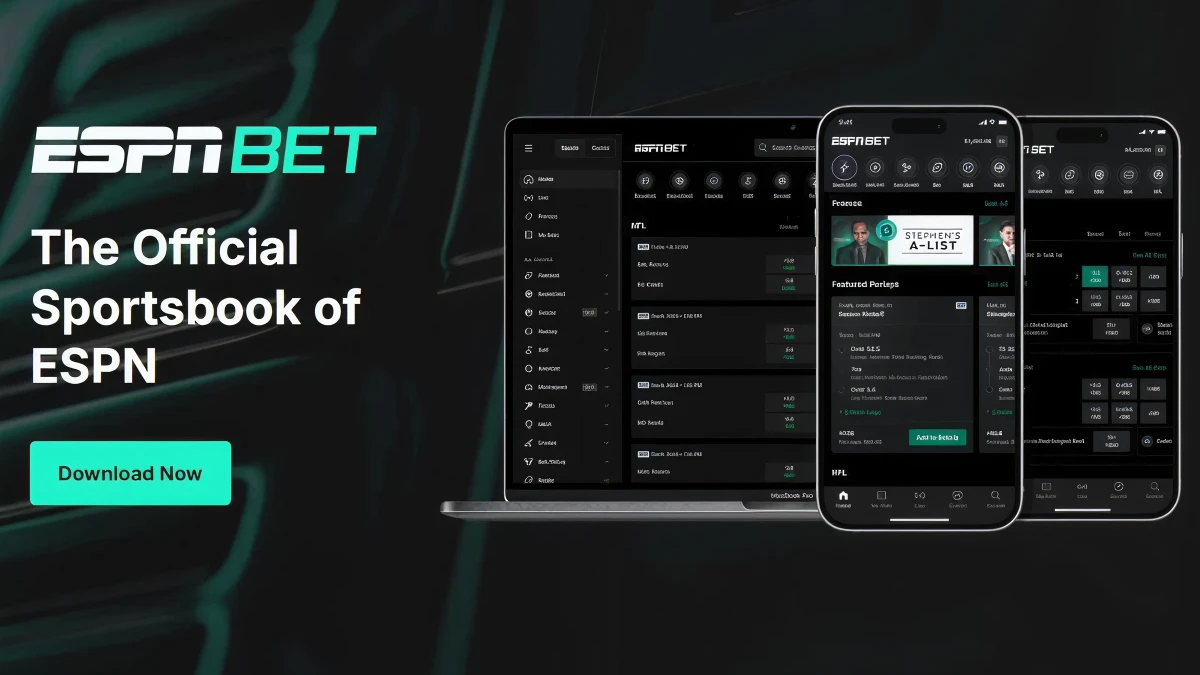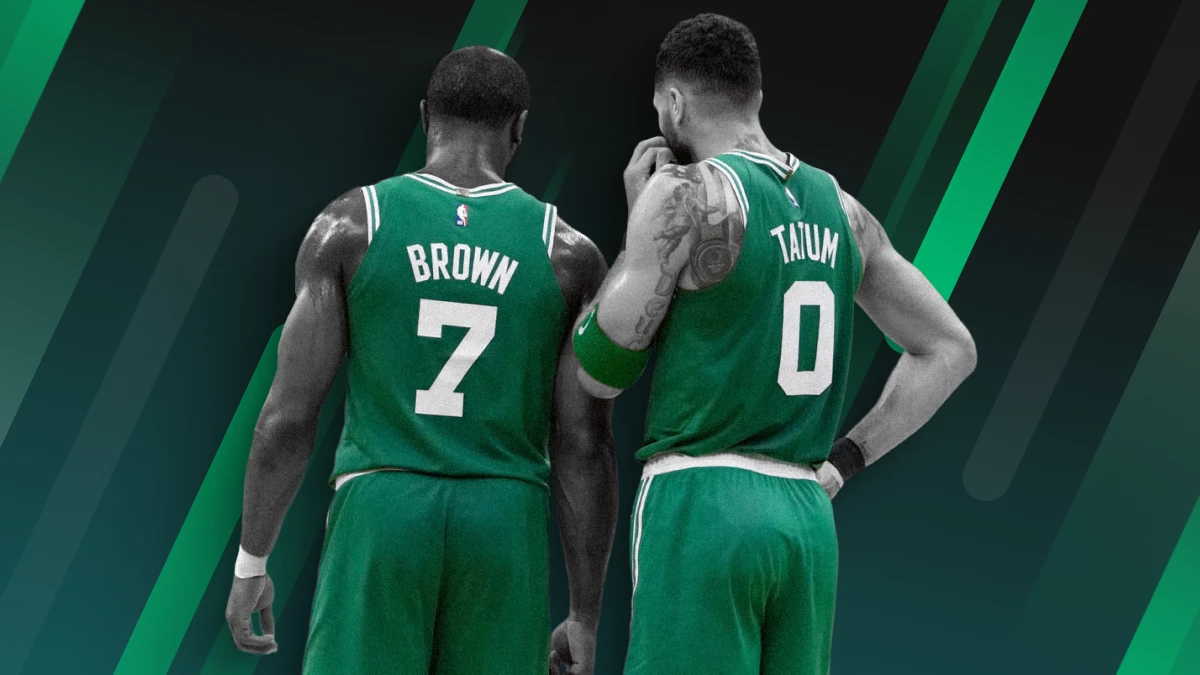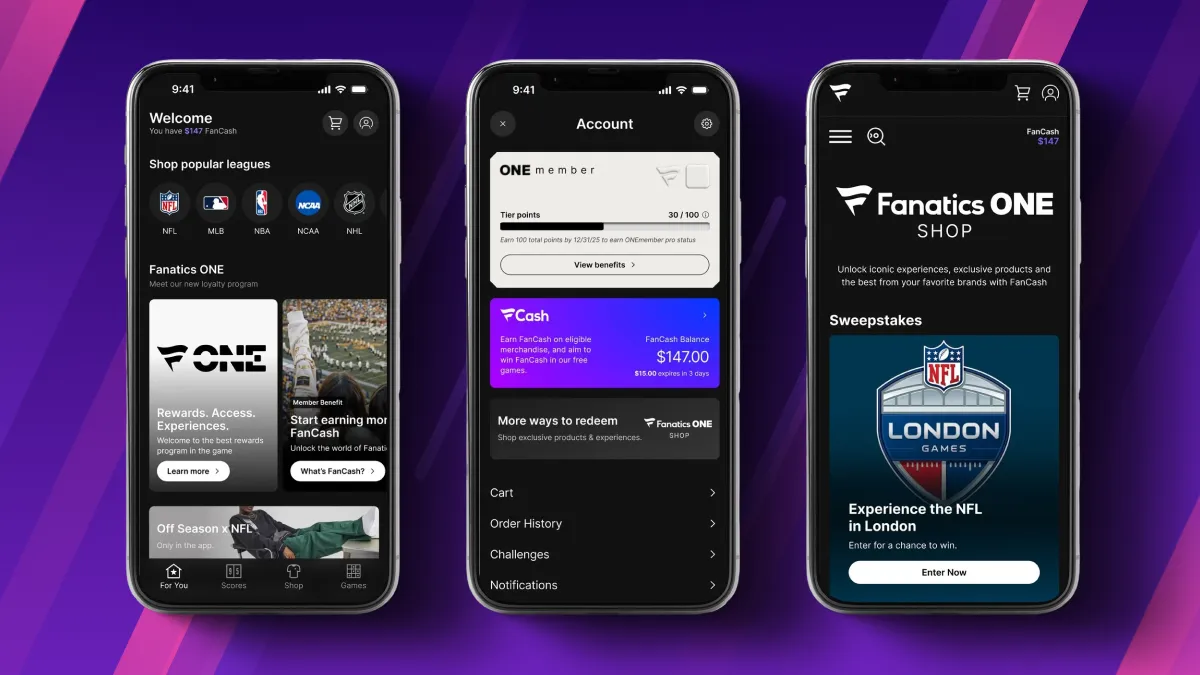Kalshi Downloads Lag Behind Leading Sportsbooks

1.0
Default
Since its entry into sports events contracts a few months ago, Kalshi downloads have been steadily increasing. But it hasn't quite reached the level of downloads brought by some of the most popular sportsbooks and fantasy sports apps in the US such as FanDuel, PrizePicks, and DraftKings.
Kalshi, the regulated prediction market platform that recently added sports event contracts, has seen a notable uptick in downloads and public interest following a semi-viral commercial during the NBA Finals. However, despite some clear gains, Kalshi's customer acquisition efforts still pale in comparison to major players in the sportsbook and fantasy sports sectors.
A new chapter with steady gains
Kalshi officially launched its sports contracts in January, marking a strategic pivot intended to broaden its appeal beyond political and financial markets. According to data from Sensor Tower, the app's download numbers have steadily climbed in recent months, showing progress in Kalshi's evolution from niche market player to a more mainstream competitor.
In March, Kalshi was ranked in the 200s among free finance apps on the App Store. But since early May, its position has improved significantly, routinely placing in the top 100. The app reached its best ranking - No. 54 in the finance category - shortly after its commercial aired during the NBA Finals, a spike that coincided with increased social media buzz.
Although this surge provided a visible boost, it was modest compared to the scale of virality that propels apps like FanDuel or PrizePicks. Still, the progress indicates that Kalshi's efforts to broaden its user base are gaining traction, albeit slowly.
Growth with limits
Despite the positive momentum, Kalshi's download numbers remain well below those of more established sportsbook and fantasy platforms. Over the past month, Kalshi generated approximately 60,000 downloads via the App Store. In contrast, FanDuel, the largest sportsbook in the US, logged roughly 300,000 downloads. PrizePicks, a leader in fantasy pick'em, saw about 200,000. Comparable platforms like BetMGM and Dabble pulled in 80,000, while DraftKings Picks 6 and Caesars drew around 40,000.
These figures suggest Kalshi is still in the early innings of building its user base. And while its recent improvements are encouraging, the platform has yet to approach the scale of its closest peers.
Why the gap?
Several factors help explain the disparity in growth. First, Kalshi is technically available in all 50 states - an advantage over sportsbooks and fantasy apps, which face regulatory limitations. Yet, Kalshi's sports betting offerings are still limited in scope and variety, especially compared to the more immersive experiences on FanDuel or DraftKings.
Second, Kalshi spends far less on marketing and customer acquisition than its competitors. Top sportsbooks routinely invest millions in promotional campaigns, sign-up bonuses, and celebrity partnerships to draw in users. Fantasy pick'em apps, though smaller in reach, are similarly aggressive.
A partial offset to this marketing gap is Kalshi's integration with Robinhood, a much more widely used app. Robinhood users can access some of Kalshi's markets through its platform, helping drive some crossover interest, even if this doesn't always translate into standalone Kalshi app downloads or active trading.
Downloads aren't everything
It's important to note that app downloads do not necessarily equate to engaged or paying customers. While Kalshi's 60,000 monthly downloads represent forward momentum, the real test will be how many of these users are actually depositing funds and actively trading contracts.
A telling remark came from Polymarket Chief Executive Officer Shayne Coplan, who highlighted Kalshi's modest download performance in a recent post on X. His observation demonstrates what many in the industry already recognize: Kalshi has potential, but realizing it will require more than just fleeting virality.
Kalshi's venture into sports prediction markets appears to be bearing early fruit, but the platform still has significant hurdles to overcome if it hopes to rival major sportsbook or fantasy brands in user acquisition and engagement. With a unique regulatory status and increasing public visibility, Kalshi is positioned to carve out a distinct niche. Whether it can scale that niche into a more dominant presence remains an open question.








_800x800.webp)











